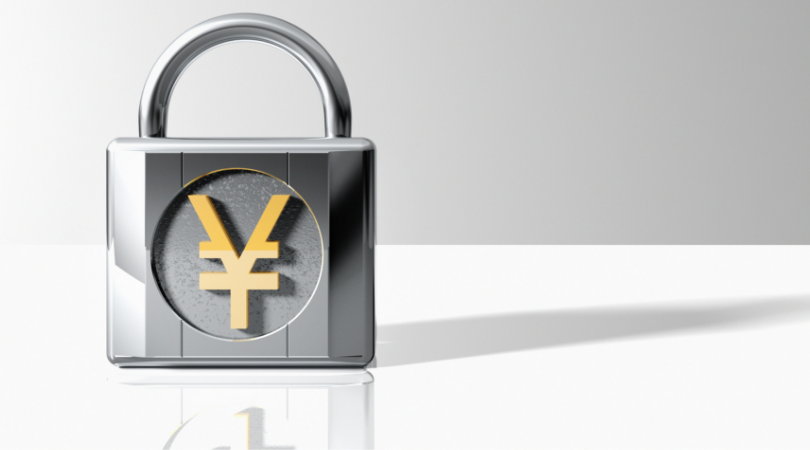Editors note: Japan does not sleep walk through currency conflicts. Its financial ministry fights back. Tokyo financial traders do not squawk about wanting a strong yen. If they do, no one listens to them.
TOKYO (Reuters) – Japan’s top currency diplomat on Monday warned investors against significantly pushing up the yen, signaling that Tokyo was ready to intervene in the currency market if excessive yen gains threatened to hurt the export-reliant economy.
[Daniel Leussink, Yoshifumi Takemoto | Augusts 5, 2019 | Reuters]
Yoshiki Takeuchi, Japan’s vice finance minister for international affairs, said Tokyo was in regular contact with overseas authorities to respond to volatile market moves.
“As we have been saying, it’s necessary to take action based on the G7 and G20 agreement if currency moves have a negative impact on the economy and financial markets,” Takeuchi told reporters, when asked whether Japan could intervene in the currency market to stem excessive yen rises.
He made the comments after a meeting of top officials from the Ministry of Finance, Bank of Japan and the Financial Services Agency, which is held occasionally to discuss market developments.
The meeting discussed how Sino-U.S. trade tensions and developments in U.S. monetary policy may have given rise to nervous moves in the market, Takeuchi said.
“On the other hand, we were able to confirm the global and the Japanese economies were in a stable situation,” he said.
Asian shares slid to 6-1/2-month lows on Monday and the yuan slumped to a more than decade trough as a rapid escalation in the Sino-U.S. trade war sent investors stampeding to traditional safe harbors including the yen, bonds and gold.
The flight to safety lifted the yen, which often gains at time of stress thanks to Japan’s position as the world’s largest creditor. The dollar slipped to a seven-month low of 105.78 yen.
Japanese policymakers tend to jawbone markets when the yen rises, as they fear a stronger currency would hurt the country’s exports and business sentiment.
Tokyo has stayed away from the currency market since 2011 when it heavily intervened to stem a yen surge in the wake of a devastating earthquake and the Fukushima nuclear disaster.
Japan has stuck to the G7/G20 agreement against competitive devaluation, with a pledge to promote market-oriented exchange rates and use monetary policy to achieve domestic objectives without targeting currencies.
Support the Competitive Dollar for Jobs and Prosperity Act: Sign Here













